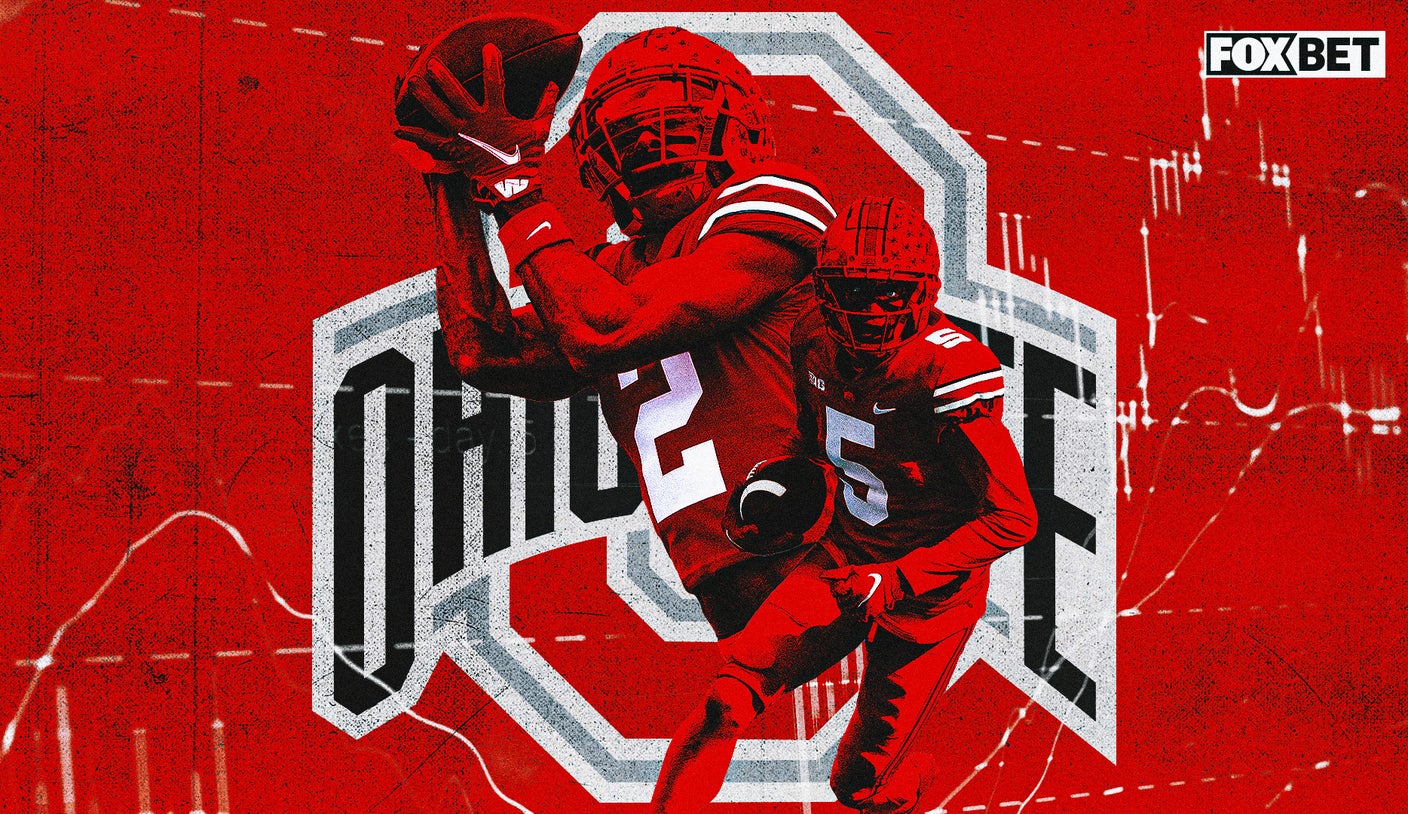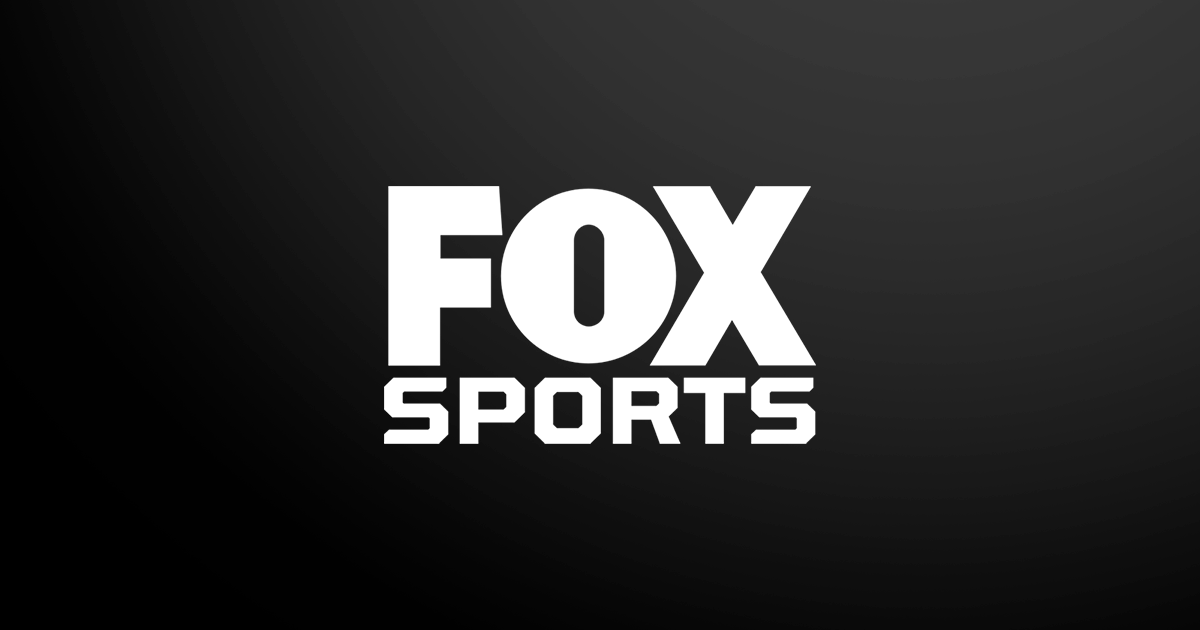
It’s not new to say COVID-19 has changed how we operate in 2020. In fact, like me, you might have rolled your eyes when you read that, having no doubt heard the same phrase what feels like a hundred times in a hundred Zoom meetings already. While we’re all still in the thick of managing both pandemic-related business disruption and the day job now the sporting calendar is live again, considering how to future-proof advertising plans for further disruption is a key part of being prepared for what’s to come.
With the majority of sports cancelled from March and gradually coming back into play from June, both operators and their agencies had to react quickly. Making my job and your job (and probably everyone else’s involved) much harder: reviewing advertising plans and pulling major TV campaigns, pivoting above the line and below the line campaigns, and pushing new casino offers instead. Now sport is back. The Premier League, NFL, horse racing and more are running again, and it’s tempting to rest easy and revert to typical plans. However, while the calendars have been reinstated and adjusted to allow for delays incurred during lockdown, last-minute changes are now much likelier to happen.
In the US, the NFL experienced its first COVID-19 outbreak of the season recently, forcing the league to postpone the Pittsburgh Steelers vs. Tennessee Titans game to later in the season. With promotions already planned for this game, sportsbook operators had the choice to cancel their offers entirely or pivot and replace with another focus. Advanced scenario-planning here ensures these decisions are not left to the last minute, and a backup campaign is in place and ready to roll when news of postponement comes in.
“Having multiple evergreen advertising campaign options on hand and in place to respond to delays or cancellations due to COVID-19 ensures minimum downtime to promotions. While game postponements will have an impact on the number of bets placed, they don’t need to have a major impact on brand visibility to potential new customers.”
Recently, I’ve had lots of conversations with clients about the fine line between cheeky and opportunistic advertising and promotion responses. Making light of cancellations due to the pandemic should be approached with care, while reaction is very dependent on each brand’s tone of voice. Switching to evergreen digital ads, as opposed to event-related ads (like “Missing the Steelers vs. Titans game? Check this out instead”) protects brands from being called out as too opportunistic.
Having multiple evergreen advertising campaign options on hand and in place to respond to delays or cancellations due to COVID-19 ensures minimum downtime to promotions. While game postponements will have an impact on the number of bets placed, they don’t need to have a major impact on brand visibility to potential new customers. This is a tactic I’ve put in place for our paid media clients both in the UK and the US. Working with the internal team to identify their most effective promotions and campaigns, we’ve created evergreen collateral based on this. When games are cancelled, typically a few days’ notice is given so we’re able to switch out the planned-game promotion for the evergreen ads, and the whole process is relatively stress-free.
The pandemic is testing companies on their agility; the ability to communicate internally with their agencies and their suppliers, and externally with their customers, to ensure business continues as close to normal as possible. Operators with clear and fast communication channels are a step ahead. A communication plan needs to be put in place (if it hasn’t been already) to make sure mistakes are not passed on to the customer risking void bets and annoyed bettors. To use again the example of a game cancellation, a process needs to be in place to disperse this information quickly through the operator’s team, to the trade desk, the marketing team, the SMT and the agency managing advertising efforts.
For operators to stay ahead with their promotions, and put their best foot forward to maintain acquisition and retention levels, preparation is key. Our best client results over the last few months have come from advance preparation, alongside the ability to shift and pivot. An agile approach is the best (and least stressful) way to be prepared for future disruptions.



